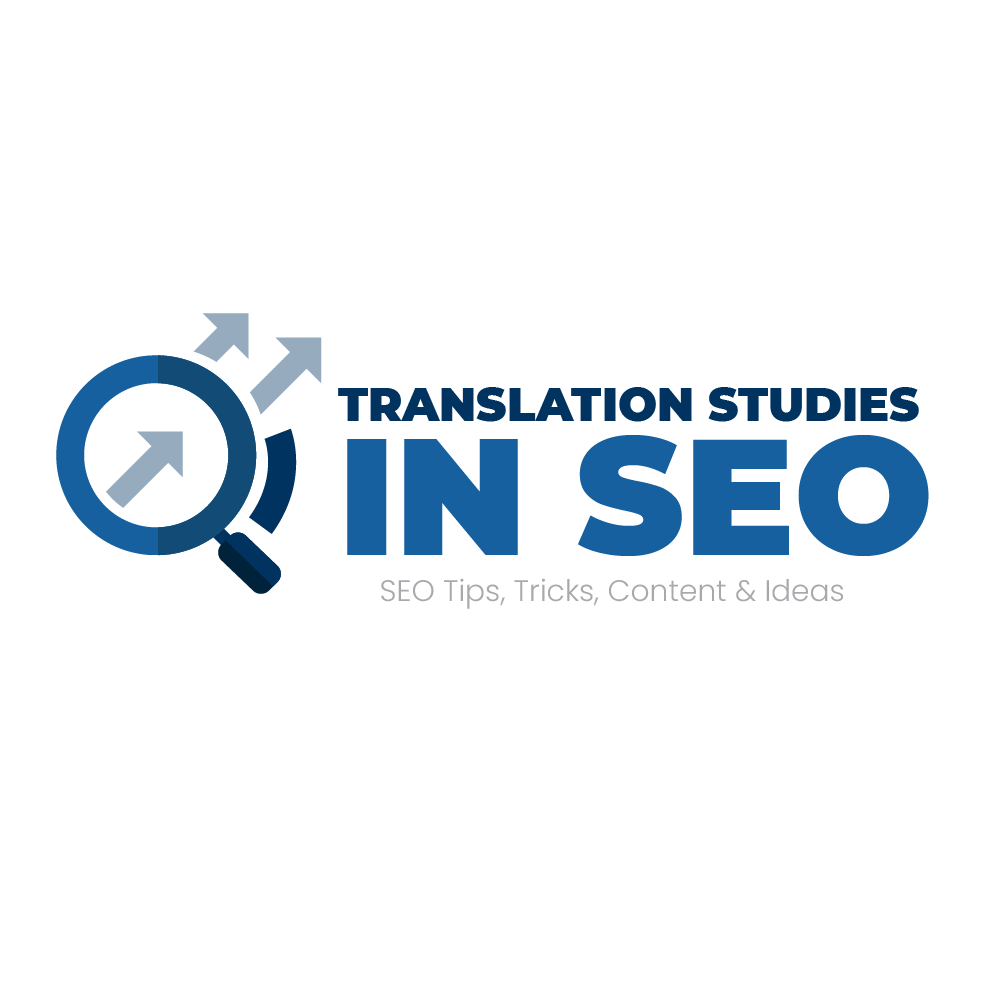
Search engines utilize algorithms to survey the web and provide results for every query, with the ultimate aim being useful results and an enjoyable user experience.
Correct structured data can help Google better comprehend what’s on your pages. Furthermore, this may qualify your pages for special features in search results, like review star rating or fancy decorated results.
Keywords
Keywords are at the core of digital marketing strategies. Search engine users use keywords to locate content on specific topics. By targeting relevant visitors with your keywords, your chances of appearing on page one of search engine results pages (SERPs) increase significantly.
Head and long-tail keywords are two types of keywords; head keywords consist of one or two words with high search volumes while long-tail keywords consist of multiple phrases that tend to have lower volumes but are easier to rank for and can lead to conversions.
When choosing keywords, it is essential to keep in mind your audience’s needs and preferences. If you sell electric bicycles, for instance, keywords such as “electric bike” and “best electric bicycle” would be suitable targets. Conversely, avoid targeting branded keywords like Adidas shoes or John Deere tractors that may already be saturated in search results since these will provide no competitive edge over your competition.
Content
Content is at the core of any successful website’s ranking strategy. It should offer customers answers or solutions for their problems quickly and efficiently; be it text, video or image. Content must include relevant keywords contextually relevant.
Search engines such as Google are designed to deliver content that will be useful and valuable for their users and customers. Their algorithms operate in real-time to deliver relevant results based on search intent. For instance, when someone searches “quick and easy homemade mac and cheese recipe”, Google will look for relevant recipes online because search intent includes transactional searches such as buying products online or finding places to eat – therefore understanding customer searches in context will help shape SEO/content strategies accordingly.
Link building
Link building is an integral component of any SEO campaign, often being the deciding factor between one web page ranking higher than its rivals and not. There are various methods available for link-building such as guest blogging, social media marketing or paid search advertising which work to boost traffic and rankings. Each has their own advantages and disadvantages but all share one common goal – increasing traffic and rankings!
To build quality links, it is essential that content that is both helpful and relevant for your target audience is created. Low-quality tactics such as keyword stuffing or buying links could result in Google imposing penalties, so always strive to create high-quality posts containing appropriate keyword combinations without using tactics such as keyword stuffing or buying them to maximize SEO value.
Linking other websites back to yours may be challenging, but essential for improving search engine optimization. Reaching out to other niche websites or offering incentives like free products may help encourage them to link back. However, keep in mind that most high-quality links should come organically rather than being purchased artificially.
Analytics
SEO analytics can help you assess how effectively your website ranks for keywords you are targeting, and identify websites bringing in the most traffic – essential data for targeting audiences and creating relevant content. Digital marketing analytic tools like FoxMetrics provide this data which allows you to assess the return on investment from SEO efforts.
SEO analytics can also reveal which pages on your site have the highest bounce rates, an important indicator that indicates the content may not be useful to visitors and can adversely impact search engine rankings. Luckily, user experience enhancement can remedy this situation and tools like Microsoft Clarity can assist in reducing bounce rates by providing session recordings of visitors who visit your website.
SEO is a long-term project that requires regular updates. Analytics enable you to keep tabs on your progress and make adjustments as soon as they become necessary – freeing you from making decisions based on bias, team politics, volatile opinions or personal preferences.
